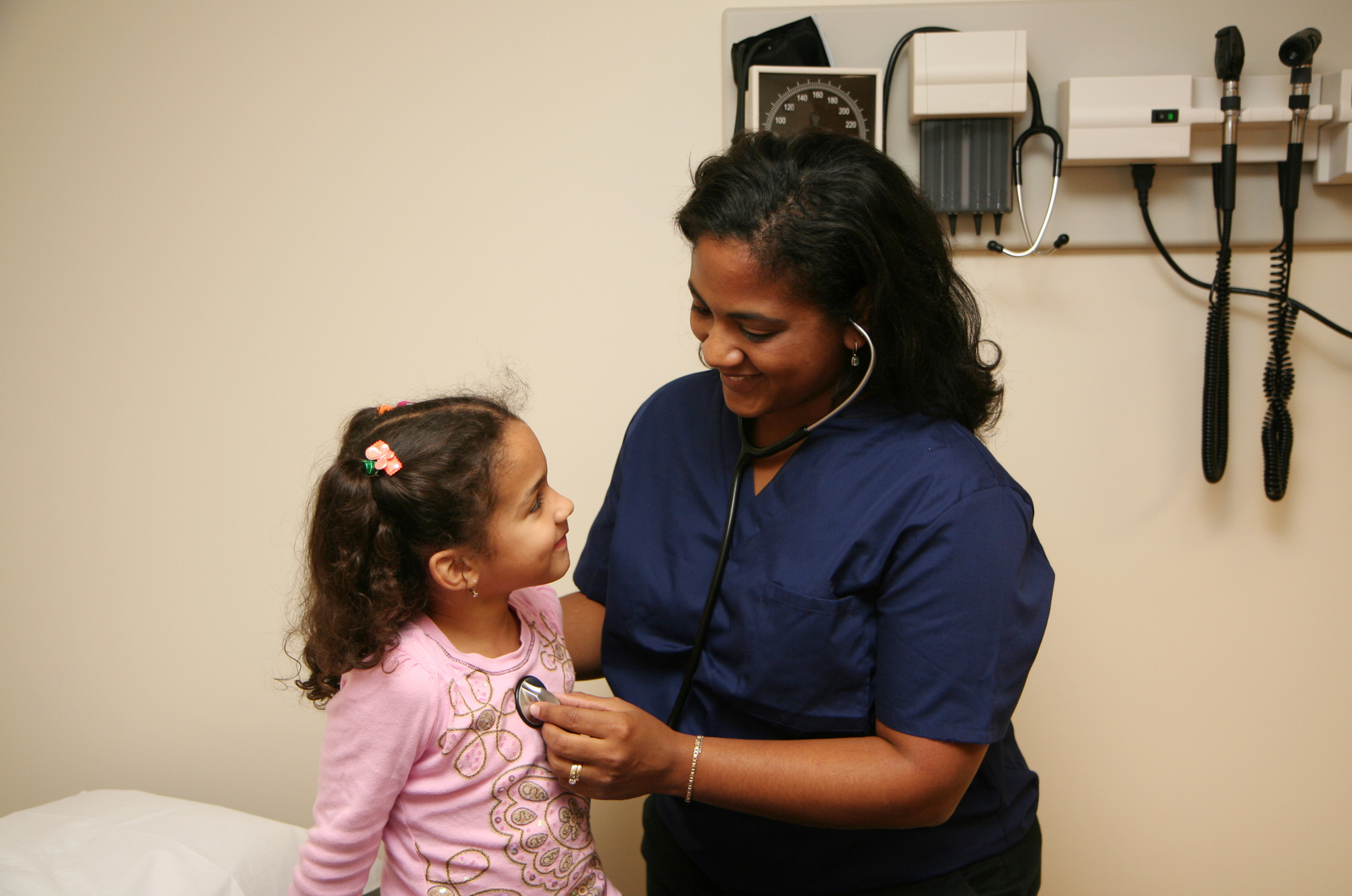A look at how well-developed critical thinking skills in nurses can positively impact patient outcomes, as well as their colleagues.
by Srinidhi Lakhanigam, BSN, RN, CCRN, CMSRN
One of the most commonly heard phrases, right from day one of nursing school, is “critical thinking”. The common consensus is that everyone has to develop sound critical thinking to be a safe and effective Registered Nurse (RN). This necessity is magnified when it comes to critical care areas, where one decision by the RN can drastically change the patient’s outcome. Nursing has changed from a simple, caregiving job to a complex and highly responsible profession. Hence the role of nurses has changed from being task-oriented to a team-based, patient-centered approach with an emphasis on positive outcomes. A strong critical thinking ability results in the greatest impact on patient outcomes.
So, what is critical thinking and how do we develop this? A precise definition of critical thinking was proposed in a statement by Michael Scriven and Richard Paul, at the 8th Annual International Conference on Critical Thinking and Education Reform, Summer 1987. “Critical thinking is the intellectually disciplined process of actively and skillfully conceptualizing, applying, analyzing, synthesizing, and/or evaluating information gathered from, or generated by, observation, experience, reflection, reasoning, or communication, as a guide to belief and action. In its exemplary form, it is based on universal intellectual values that transcend subject matter divisions: clarity, accuracy, precision, consistency, relevance, sound evidence, good reasons, depth, breadth, and fairness,3” reads the document.
Simply put, critical thinking in nursing is a purposeful, logical process, which results in powerful patient outcomes. It involves interpretation and analysis of the problem, reasoning to find a solution, applying, and finally, evaluation of the outcomes2. It can be said that critical thinking is the result of a combination of innate curiosity, strong foundation of theoretical knowledge of human anatomy and physiology, disease processes, normal and abnormal lab values, and an orientation for thinking on the feet. Combining this with a strong passion for patient care will produce positive patient outcomes. The critical thinking nurse has an open mind, and draws heavily upon evidence based research and past clinical experiences to solve patient problems.
How does one develop critical thinking skills? A good start is to develop an inquisitive mind, which leads to questioning and a quest for knowledge and understanding of the complex nature of the human body and its functioning. Learning from those with a strong base of practical experience in the form of preceptors/colleagues helps develop critical thinking ability in a new nurse. An open minded nurse can learn valuable lessons from the critical thinking ability of others and will be able to practice for the good of the patients2.
Critical thinking is self guided and self disciplined. Nursing interventions can be reasonably explained through evidence based research studies, and work experience. A strong sense of focus and discipline is also important for critical thinking to work. If thinking is unchecked, nurses can easily be misguided and deliver flawed patient care. It is possible to ensure discipline with a constant acquiring of knowledge through continuing education and looking critically into situations, considering their background, and making an assessment, before making recommendations1.
Last, but not least, a constant comparison of practice with best practices in the industry will help guide a nurse to think critically and improve care. This makes it easier to form habits which continue to have a positive impact on patients and colleagues. Every decision a critical thinking nurse makes affects not only the patient, but also their families, coworkers, and self.
References:
- Elder, L. (2007). Defining critical thinking. Retrieved from http://www.criticalthinking.org/pages/defining-critical-thinking/766
- Romeo, E. (2010). Quantitative research on critical thinking and predicting nursing students’ nclex-rn performance. Journal of Nursing Education,49(7), 378-386.
- Scriven, M., & Paul, R. (n.d.). Defining Critical Thinking. In The Critical Thinking Community. Retrieved June 7, 2017, from http://www.criticalthinking.org/pages/defining-critical-thinking/766
Srinidhi Lakhanigam, BSN, RN, CCRN, CMSRN is a member of the NeuroScience ICU at Good Samaritan Hospital in San Jose, CA.
Disclaimer: The viewpoint expressed in this article is the opinion of the author and is not necessarily the viewpoint of the owners or employees at Healthcare Staffing Innovations, LLC.













